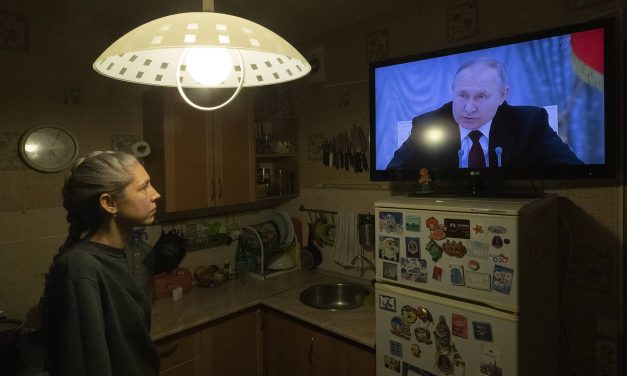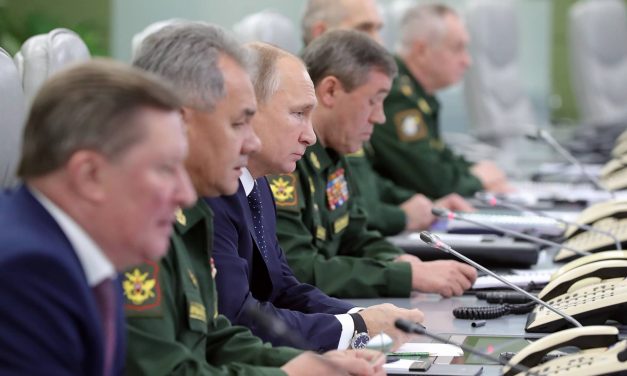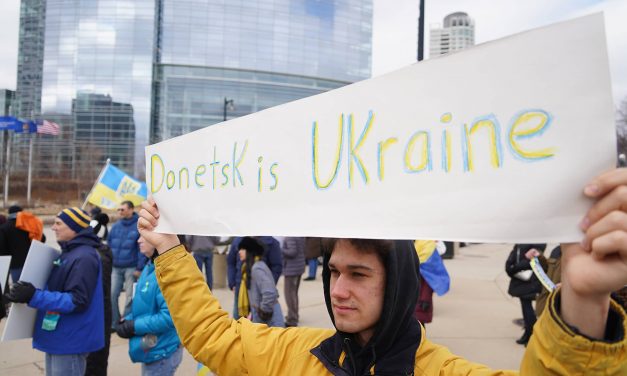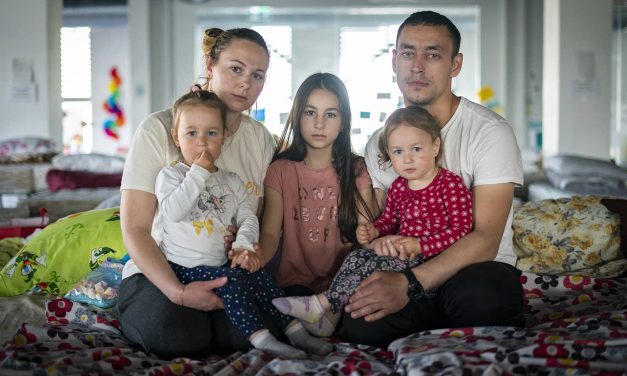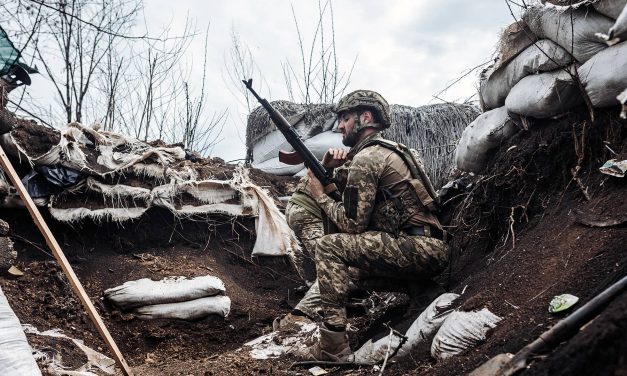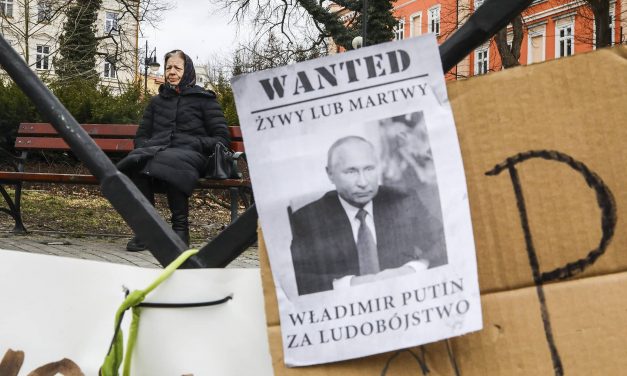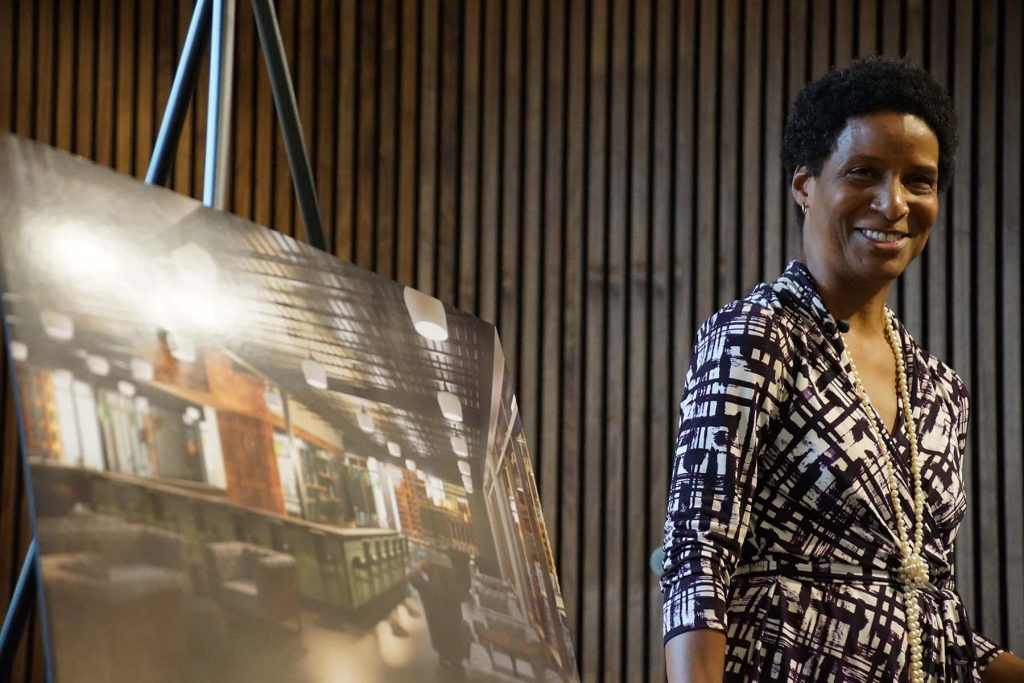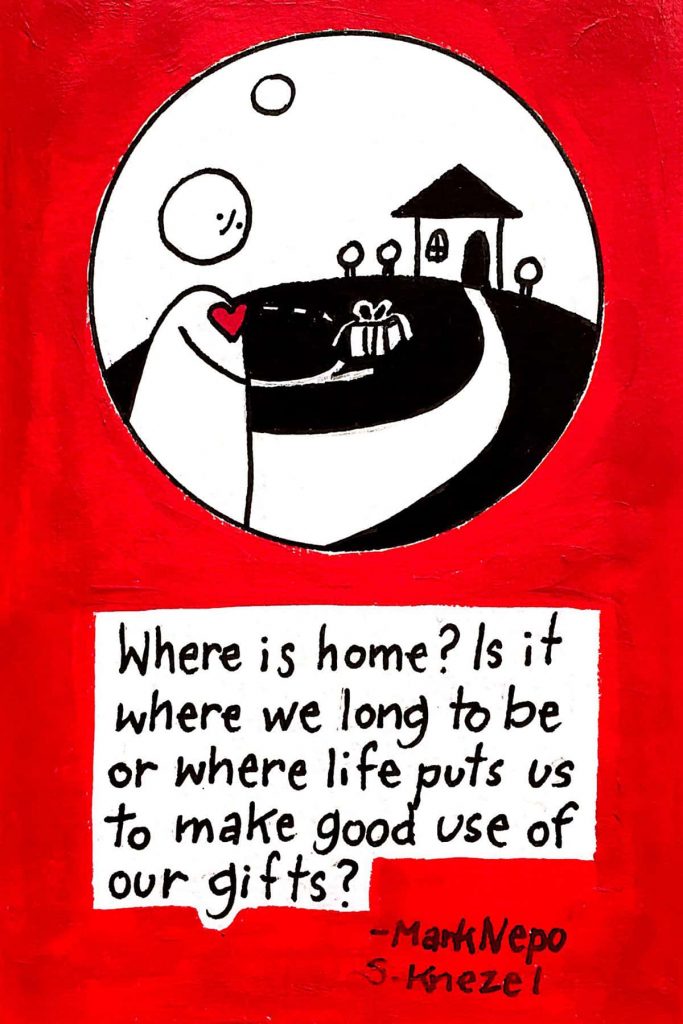Why Putin’s genocide in Ukraine is rooted in a long tradition of dehumanizing former Soviet cultures
By Kseniya Oksamytna, Lecturer in International Politics, City, University of London Former war crimes prosecutor Sir Howard Morrison recently highlighted the dangers posed by the negative, often insulting and dehumanizing, statements made by some Russian politicians and media personalities about Ukraine and its people. “Genocide is often rooted in the way that one nation or one ethnic group views another and how it describes them,” Morrison said, citing the way Nazis referred to the Poles as “subhuman” before and during the second world war, or the way Hutu elites in Rwanda referred to Tutsis as “cockroaches” before the 1994...
Read More
